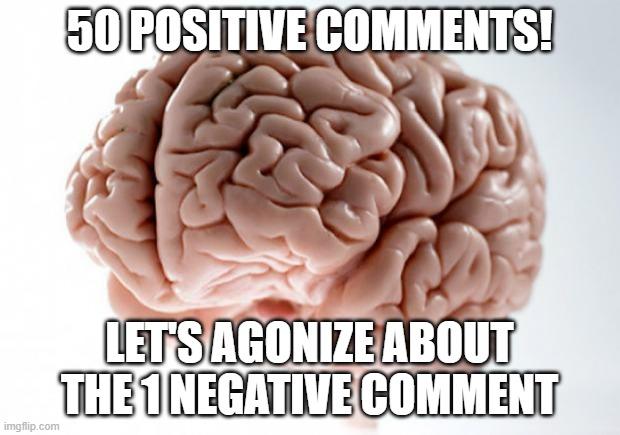
Myth: Therapy is only appropriate when you’re mentally ill or having major problems
I have seen the effects of this myth through lived experiences. Someone mentions that they are seeing a therapist, and the reaction from some is shock- they didn’t know things were going so badly!
Certainly, there may have been a time when therapy was a “last resort” for those experiencing significant social, emotional, or employment-related distress or dysfunction. Today, we understand that anyone and everyone can benefit from therapy, and there are enough types of therapy that it can probably address whatever obstacles you seek to overcome. Therapy is a tool to help you grow and change (which is a really good thing).
I learned a lot about psychology through my education, but what first brought me to a therapist’s office was a long-held fear of public speaking. I had learned about a specific kind of therapy called Cognitive Behavioral Therapy (CBT) that had a lot of scientific support. I also understood that it was designed to a be a short-term therapy over a few weeks, and I was encouraged that there would be an end point in sight.
The “cognitive” part of CBT centers around the ways we think. Our brains are complex and wonderful, but they aren’t perfect, and sometimes rely on “old programing” that doesn’t reflect current reality. My thinking around public speaking was that people were judging me negatively. An outside perspective made me realize that some people might be genuinely interested in what I had to say. Is it a novel idea that we may be able to change the way we think? It takes some time and practice, but it really can be done!

The “behavioral” part of CBT centers around how we act. There were things that I could do to relive my anxiety, including deep breathing and muscle relaxation. I also came to realize that rehearsing what I wanted to say made me feel well-prepared for what I was about to do.
Human beings come with unique experiences, backgrounds, and challenges, so you may be wondering if there is someone who can relate to yours. Luckily, therapists specialize in different areas; I’ve met students who are pursing work with the LGBTQ+ community, Jewish families and communities, couples and families who practice ethical non-monogamy, recent immigrants who are adapting to a new culture, and kids who have experienced emotional abuse and trauma.
When you have a challenge you can’t overcome on your own, why not rely on professionals to help?
Did therapy help you overcome something, either small or significant? If you feel comfortable sharing, I would post it confidentially.
Let’s normalize therapy.
PsychoBabbleLLC.com
